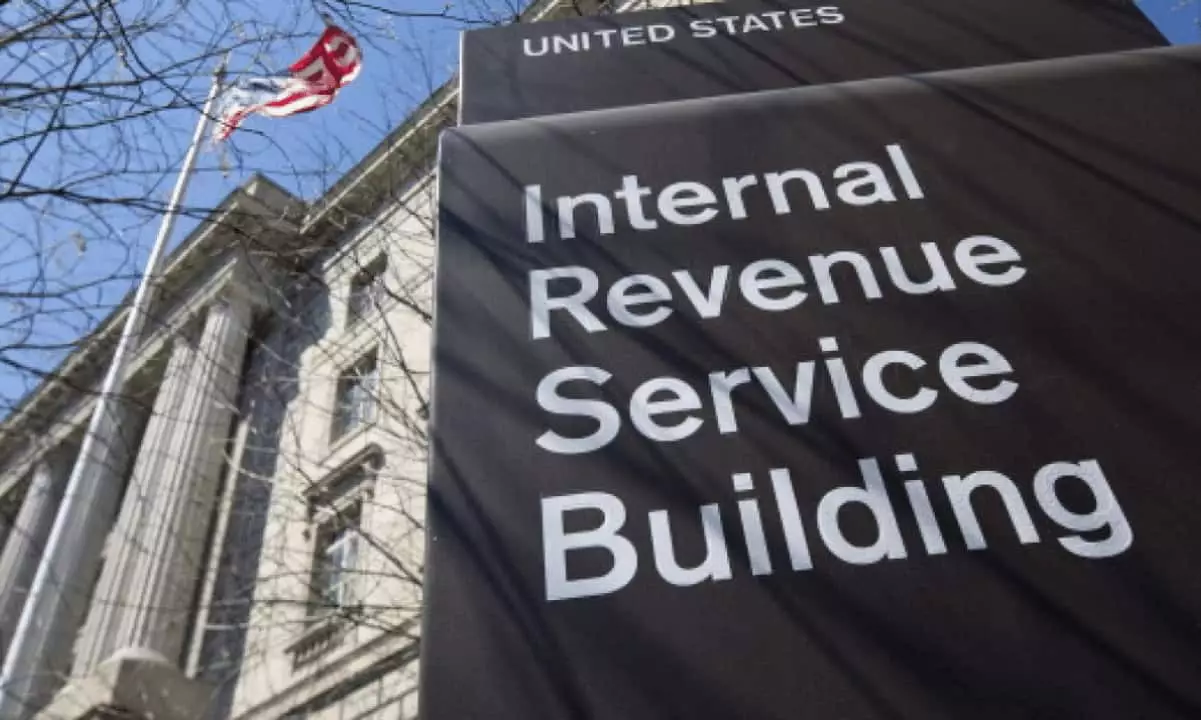The regulatory landscape for cryptocurrency taxation in the United States is evolving rapidly, with significant implications for taxpayers involved in Centralized Finance (CeFi). In light of the impending Section 6045 custodial broker regulations set to take effect on January 1, 2025, the Internal Revenue Service (IRS) has taken a proactive stance by offering temporary relief measures. This initiative aims to ease the transition for cryptocurrency holders navigating the complexities of new reporting requirements.
With the introduction of the Section 6045 regulations, there are heightened expectations for CeFi brokers to report cryptocurrency transactions with precision. This is a major departure from previous practices where various accounting methods could be applied with minimal oversight. According to Shehan Chandrasekera, Head of Tax Strategy at CoinTracker, if cryptocurrency holders do not proactively choose an accounting method—options including Highest In, First Out (HIFO) and Specific Identification (Spec ID)—they will automatically default to the First In, First Out (FIFO) method. The implications of this shift are profound, particularly for investors – in times of rising market prices, FIFO could increase tax liabilities as it prioritizes the sale of older assets typically acquired at lower prices.
This regulatory framework raises pivotal questions around tax equity and feasibility. Given the unpredictability of cryptocurrency markets, the lack of preparedness among most brokers to handle Spec ID accounting only compounds the challenges that taxpayers may face. Thus, the IRS has recognized the urgency to assist taxpayers during this transitional period.
As these issues unfolded, the IRS issued Notice 2025-7, which serves to alleviate some of the burdens for taxpayers engaging in cryptocurrency transactions on CeFi platforms throughout 2025. The notice allows individuals to leverage their own records or credible crypto tax software to clarify which assets they are liquidating, thereby avoiding defaulting to FIFO. This temporary measure introduces a welcomed flexibility, offering an escape valve for taxpayers who may find themselves at odds with an inadequate reporting structure.
Chandrasekera emphasized that this relief is automatic and does not require immediate action from taxpayers. However, the clock is ticking; once January 1, 2026, arrives, CeFi users must align with their brokers on their chosen accounting methodology to avert automatic adoption of the FIFO method, which may not be in their best financial interest.
As the cryptocurrency environment continues to evolve, adhering to meticulous record-keeping becomes paramount. Taxpayers are strongly advised not only to maintain comprehensive transaction records but also to invest in robust crypto tax software. This will assist in ensuring accurate reporting and help mitigate risks associated with unexpected defaults to FIFO. A lack of proper documentation could result in detrimental financial consequences for many investors, making the need for diligence even more pressing.
Additionally, a collaborative approach between brokers and crypto tax software providers is encouraged to prevent discrepancies. Users should verify that their accounting methods are compatible across platforms, thus safeguarding against uncalculated and potentially severe tax implications.
The introduction of such regulations is not without controversy. The IRS’s broader mandate, which includes decentralized finance (DeFi) platforms, faces significant legal scrutiny from various stakeholders, including A16z Crypto and the DeFi Education Fund. These challengers argue that the rapid implementation contravenes the Administrative Procedure Act, suggesting the IRS may be overstepping its authority.
This legal entanglement highlights the overarching tensions between regulatory bodies and the dynamically shifting cryptocurrency landscape. Such conflicts underscore the need for vigilance and adaptation among taxpayers as they traverse the increasingly intricate world of crypto taxation.
The IRS’s recent measures represent an attempt to guide cryptocurrency holders through the murky waters of new tax regulations. While the temporary relief provided by Notice 2025-7 is a step in the right direction, taxpayers must remain proactive. By properly documenting transactions and engaging with reliable tax software, investors can better position themselves to navigate the complexities of this regulatory environment. Educating oneself on accounting methods and maintaining communication with brokers is crucial as the industry gears up for what could be years of evolving challenges and opportunities.













